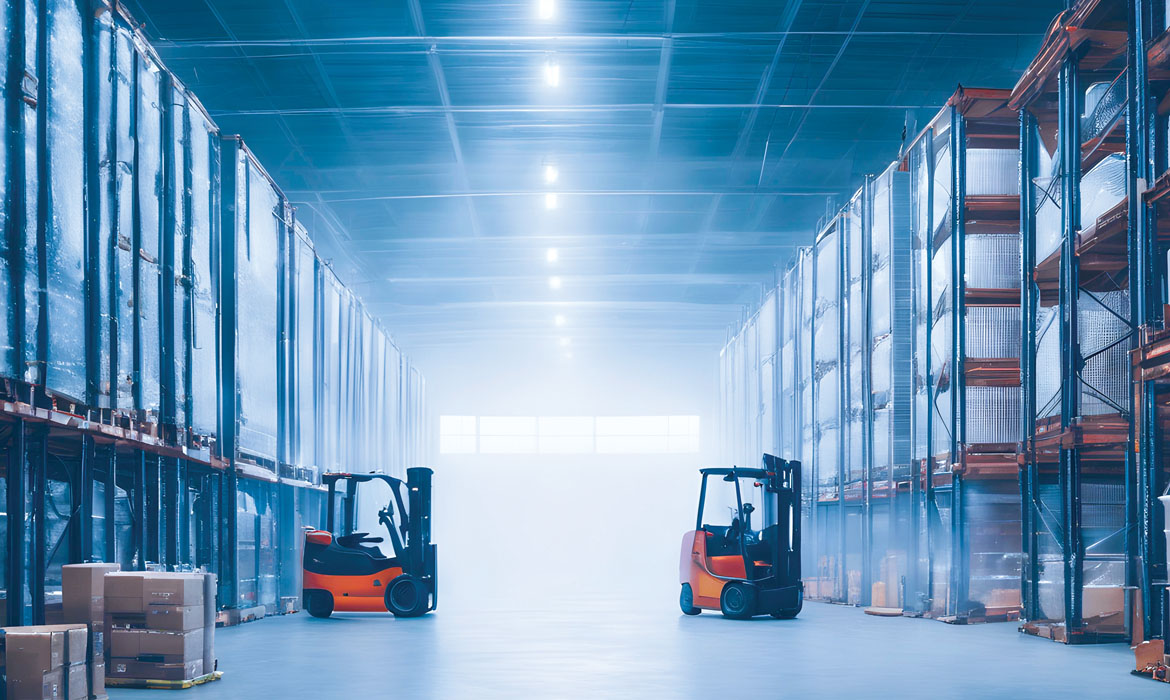
The global logistics market focused on cold chain management has gained relevance as consumer habits have evolved. In fact, a study by Grand View Research estimates that by 2028, this industry will generate $628 billion worldwide, with an annual compound growth rate of 14.8% until that year.
In Mexico, the sector has experienced ups and downs, but its trend in recent years has been upward. In 2018, it had a cold storage capacity of 15 million cubic meters (m3), while in 2020, it reduced to 14 million m3, according to the Global Cold Storage Capacity Report by the Global Cold Chain Alliance (GCCA).
This same organization indicates in its annual Global Top 25 list of the largest members of temperature-controlled logistics and storage for 2023 that two Mexican companies are in the top 10, Frialsa (2nd) and ARCOSA (7th), with 108,649,927 and 11,978,746 cubic feet (ft3), respectively; while this year, only Frialsa (2nd) with 125,729,778 ft3 is listed.
Additionally, the National Directory of Economic Units (DENUE) by the National Institute of Statistics and Geography (INEGI) has registered 110 companies using refrigerated storage, owning 176 refrigerated warehouses in the country, as of 2021, mainly located in Mexico City, Jalisco, Nuevo León, and Chihuahua.
“The industry is changing consumption patterns, with a high demand for retail products. We see the industry as very dynamic, with many requirements for consumer products and the chemical industry,” says Jean Paul Sarrapy, Commercial Director of GP Logistics and vice president of the Association of Logistics Operators of Mexico (AOLM).
However, the accelerated growth in demand for specialized cold chain logistics services, especially in the northern region of the country, is pushing companies’ storage capacity to the limit, prompting them to gradually implement investment and expansion strategies.
David Guerrero, CEO of Colds, mentions that they are currently 20,000 positions below what their clients demand in Monterrey (northeast Mexico), so they have an ambitious expansion plan for this year that will help them grow by over 140 percent.
FROZEN CHALLENGES
Gustavo Equihua, Director of Management and Technology at Frialsa, points out in an interview with T21 that, due to the need for expansion driven by demand, companies are facing limitations in prepared spaces, as there is an increase in costs, whether for purchase or rent.
Comment and follow us on X: @jenna_GH_ / @GrupoT21














